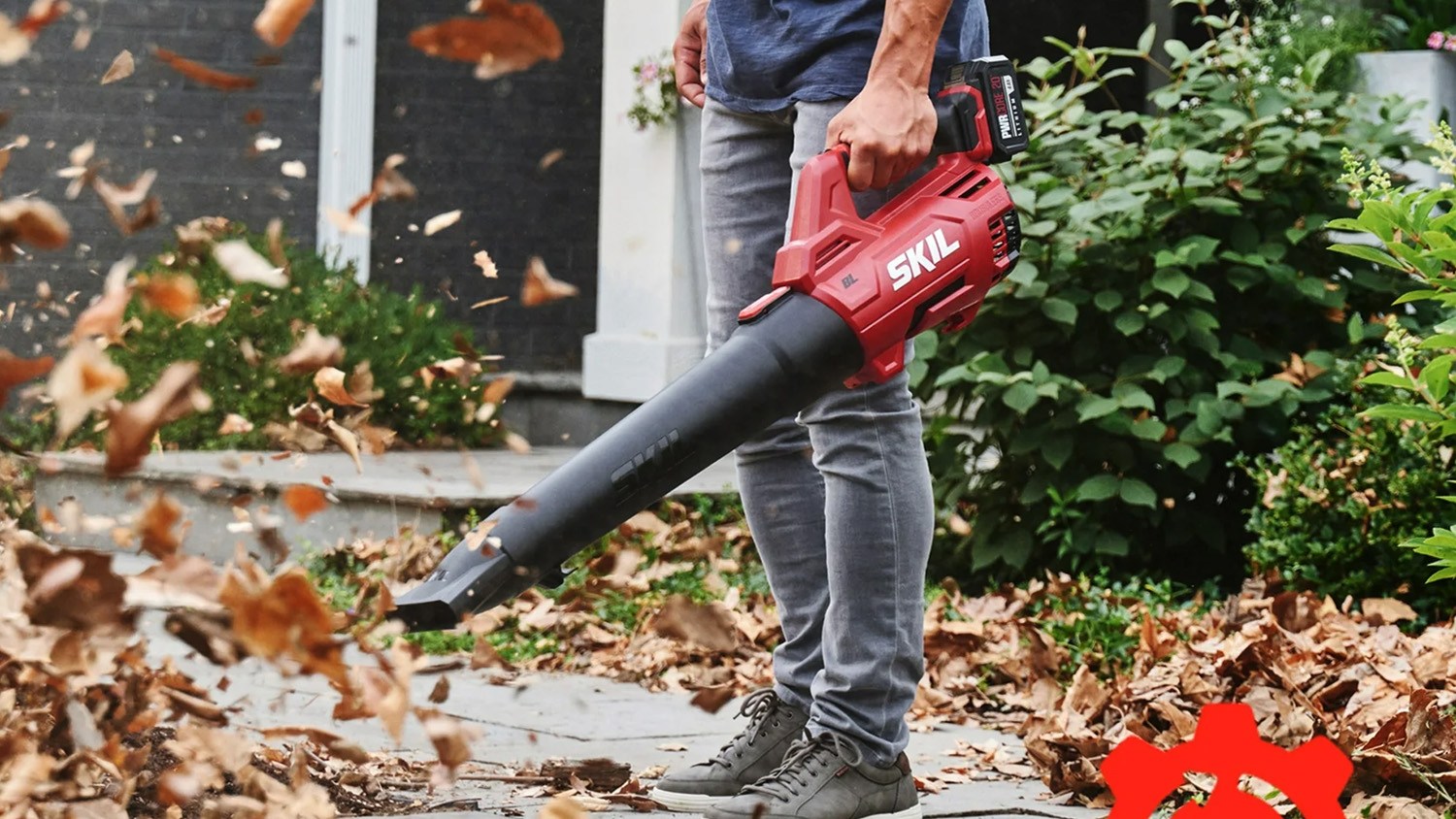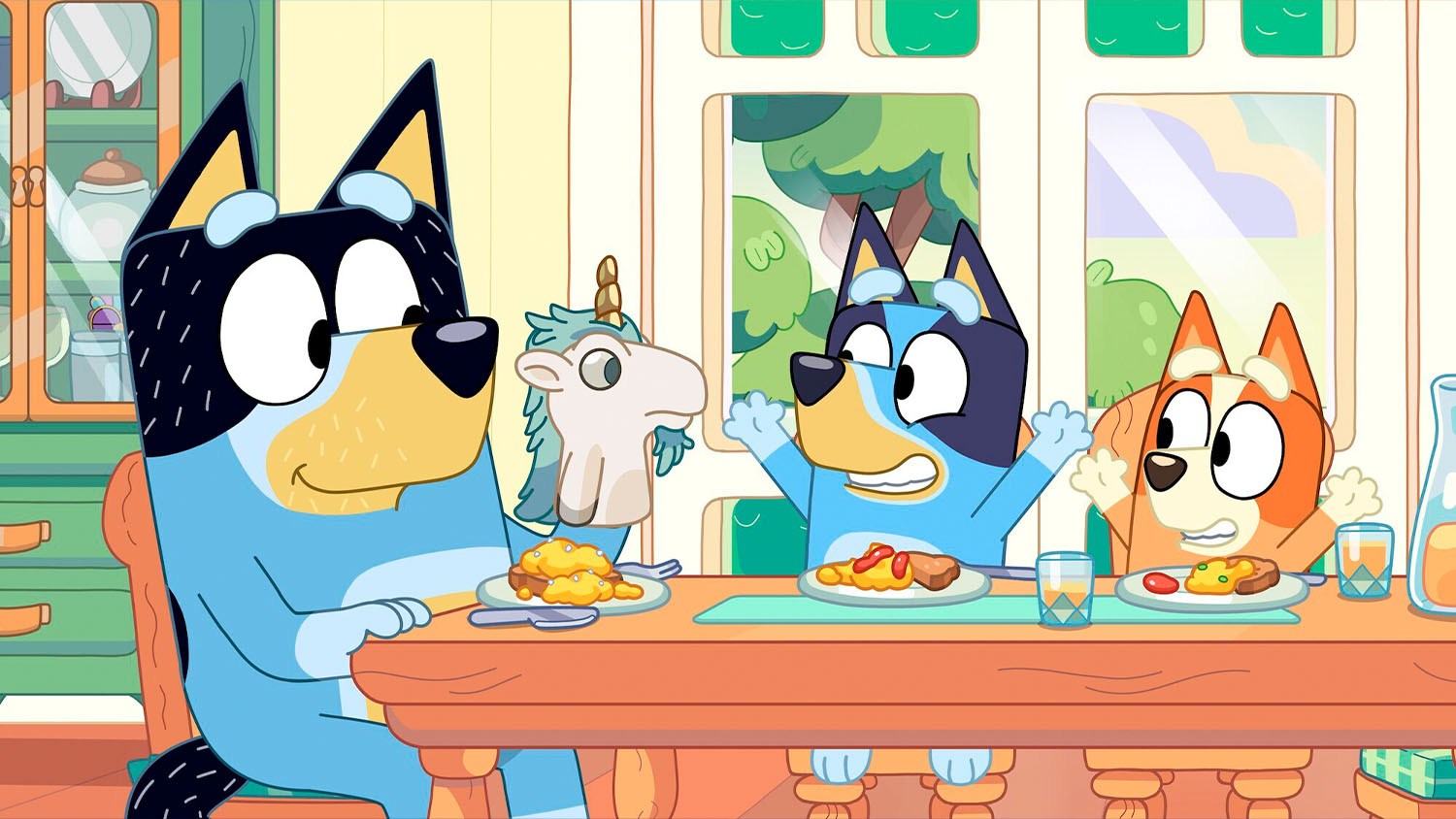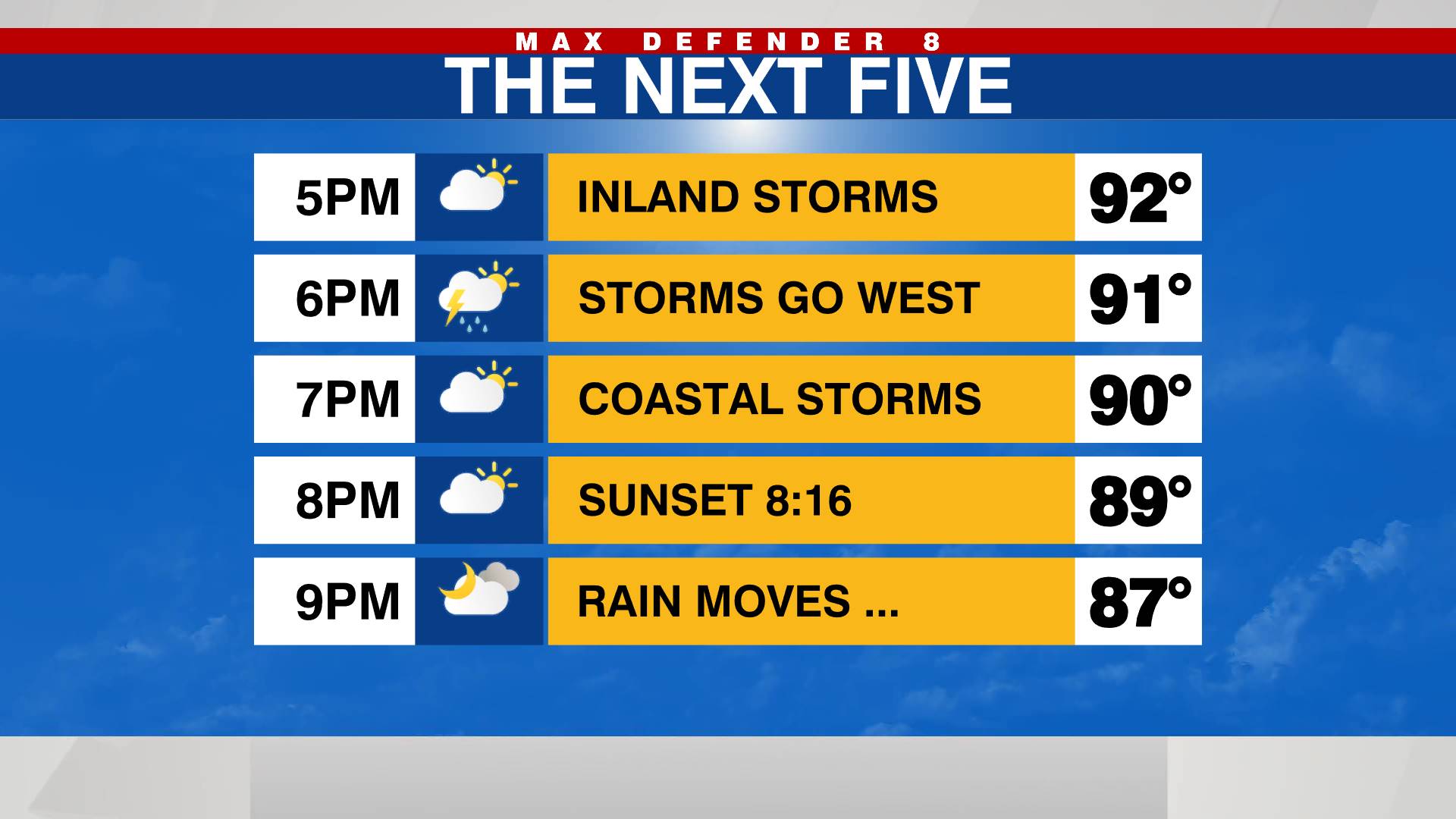SIESTA KEY, Fla. (WFLA) — Residents have reported seeing increased coyote activity on Siesta Key in recent months.
The barrier island has seen cats and dogs attacked and injured, and in some cases, killed by the wild canines.
Back in July, a couple told us one of their Jack Russell Terriers named Jypsey was attacked by a pack of coyotes in their backyard. It happened in broad daylight when one of them was in the yard with the dog.
David Kelley managed to scare the pack away and saved Jypsey. She was injured, but fortunately, survived.
In September, Michael Hancock said his small dog “Coco” was killed by a coyote. The attack happened in his front yard around 11 p.m.
“All I could say was ‘I’m sorry Coco… I’m sorry,'” Hancock said. “I didn’t know. Because I’m very protective and if I had known there was a coyote anywhere around here, they would’ve been in the backyard. I’ve got a six-foot fence.”
Hancock said there needs to be more awareness.
“Nobody on my street knew there are coyotes here,” he said. “These people let their dogs out. They walk their dogs. There are little old ladies that walk their dogs down the street. They are a target in my opinion. There is not any widespread knowledge that there are coyotes. I would have never in 1 million years have imagined there were coyotes”
FWC officials were on the barrier island Monday for a workshop to share tips with residents on how to better co-exist with coyotes, and how to respond in the case of a conflict.
“It is really important when you see a coyote that you’re giving it a negative experience if you do not want to see it around anymore,” FWC Senior Wildlife Biologist Rhonda Latour said. “I always tell people to haze coyotes when you see them out to send that message to them.”
She also recommended keeping pets and small animals on short leashes while out walking in the community.
“Don’t be afraid when you see a coyote,” Lator said. “You want to show some human dominance and encourage it to leave the area and never feed a coyote. It is a violation to feed a coyote in the state of Florida.”
Eradicating the species is not a feasible option, according to FWC. It has been attempted over decades in communities across the country. Latour said in some cases, it causes the populations to grow even faster.
Hancock hoped to see the county or state to take action.
“Somebody can do something, whether it is notifying everybody don’t walk your dog at night, don’t let them outside at night, don’t let your kids outside at night, this is a potential danger,” he said. “That is what they would do for alligators, and they need to do that right now because my dog died right in front of me in my front yard.”
FWC did bring caution signs to the meeting for residents to take at no cost.
For more information on how to live with coyotes in your community, visit FWC’s website.














